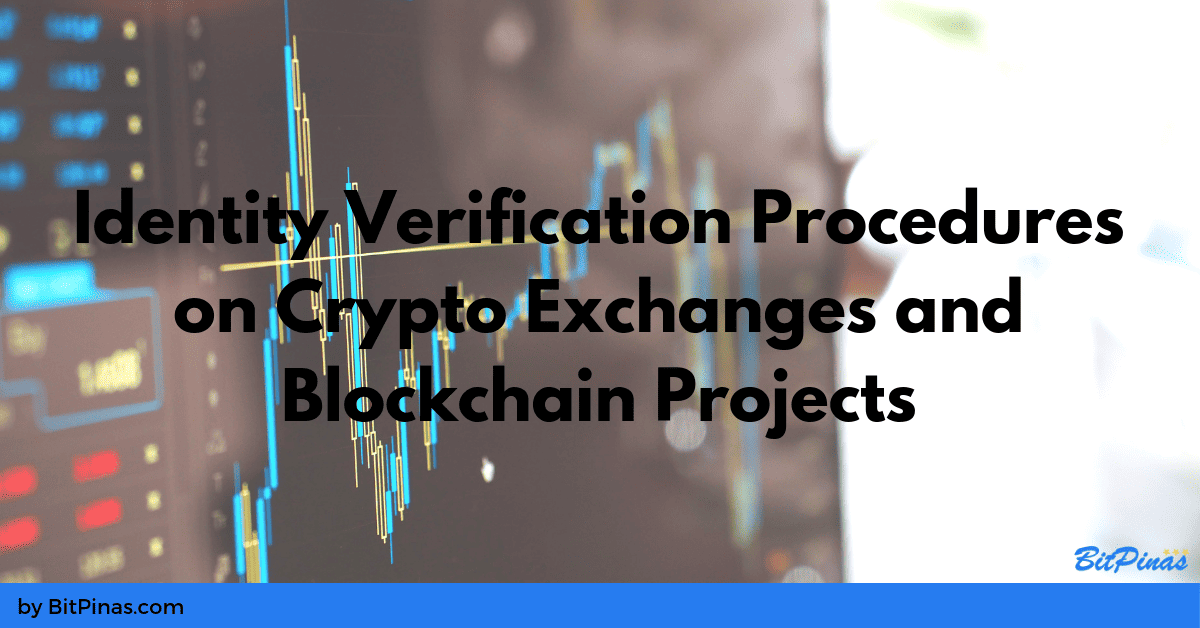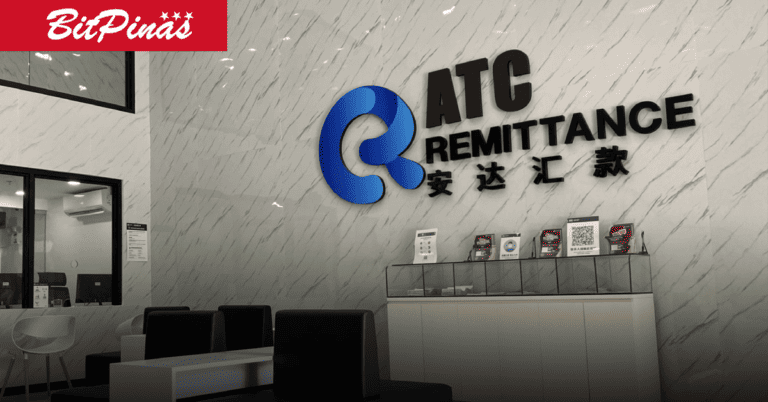Why Crypto Exchanges Have Identity Verification Procedures
In a security perspective, identity verification adds an extra layer of protection by ensuring that no one except you is able to use your credit/debit card payment information for an exchange.

Here are some of the cryptocurrency exchanges handling ID verification and security measure made to protect consumers and businesses.
- Coinbase account limits are determined based on the types of verification of the account, age, purchase history, payment method. The type of verification includes a phone number, personal details, and photo ID.
- Kraken has five verification tiers and it depends on how you are going to use the account.
- Okex uses three levels of verification depending on the single transaction limit. The user needs to download the OKEx App to complete the process and levels of verification.
- Binance needs the user to be verified for higher withdrawal limits.
General Identity Verification Requirements
These are the most commonly used items for verification:
- Government-issued ID
- Passport
- National Identity Card
- Driver’s License
General process of verification
Upon uploading a photo of the ID, most often than not, the exchange will require the user to take a picture of their face while holding the ID they submitted. This will check if the person is the same one that is pictured on the ID.
Why Require Identity Verification?
Blockchain products require identity verification in order to use crypto-to-crypto exchange and related exchanges services. Sometimes, only once you are verified will the crypto exchange or the crypto wallet allow you to withdraw.
The more users sign up and more capital enters the crypto space, regulators will further designate specific Know your Customer (KYC) rules that exchanges need to follow. Last March 20, 2018, the G20 issued a statement:
“Crypto-assets lack the key attributes of sovereign currencies. At some point they could have financial stability implications. We commit to implement the FATF [Financial Action Task Force] standards as they apply to crypto-assets, look forward to the FATF review of those standards, and call on the FATF to advance global implementation. We call on international standard-setting bodies (SSBs) to continue their monitoring of crypto-assets and their risks, according to their mandates, and assess multilateral responses as needed.”
Identity Verification on Crypto Exchanges in the Philippines
In the Philippines, notable crypto wallets and exchanges like Coins.ph and Rebit often require a Level 2 verification to be able to withdraw cash (peso) converted from bitcoin. This is as per required by the Bangko Sentral ng Pilipinas (BSP)’s Circular No. 944 or Guidelines for Virtual Currency Exchanges.
The circular requires licensed exchanges to follow, more importantly, the country’s AML and KYC laws. For a list of licensed virtual currency exchanges in the Philippines, click here.
This article originally appeared on BitPinas: (Feature) Why Crypto Exchanges Have Identity Verification Procedures




